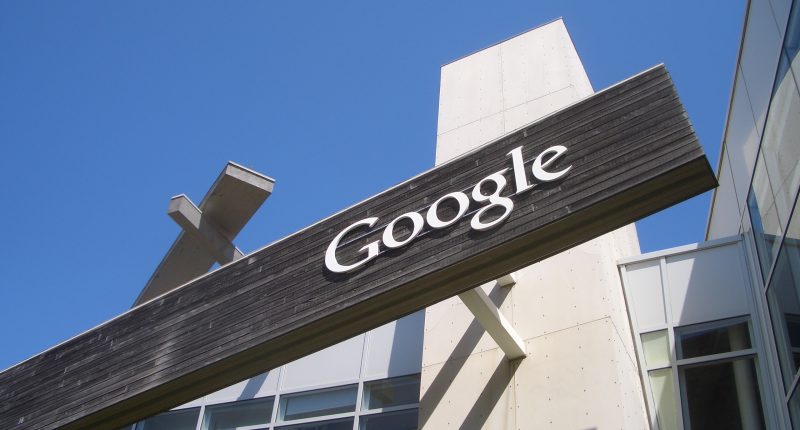The European Commission – the executive arm of the EU – has taken a significant step in its ongoing battle against tech titans. This time, the company in question is Google, and the European Commission has issued a preliminary antitrust complaint against the company over its ad business.
In its formal antitrust complaint, the European Commission alleges that Google has abused its dominant position in the digital advertising market, raising concerns about anti-competitive practices and the need for corrective action. If found guilty, Google may have to break up parts of its ad business to provide the necessary remedy to restore fair competition in the market. The Commission added that its preliminary view after an investigation is that “only the mandatory divestment by Google of part of its services would address the competition concerns.” The European Commission’s preliminary antitrust complaint adds to the mounting regulatory challenges that Google has been facing globally.
These fresh antitrust charges against Google is a significant development, especially since the regulator is targeting ads – an integral part of Google’s business. Google’s advertising business brought in around $225 billion last year, making up about 80% of its annual revenue. The company is the undisputed leader in the ad sector, and has been so for years, and the Commission alleges that Google has abused this dominant position since at least 2014.
In simple terms, it appears that Google has a habit of favouring its own ads in its products, as well as deterring competitors. The European Commission said it was “concerned” that by favouring its own ad exchange service over that of others, Google gained a “competitive advantage and may have foreclosed” rivals, allowing it to charge higher prices for its services.
The European Commission’s suggestion of a possible breakup of Google’s ad business is a significant development that could have far-reaching consequences. If the charges against Google are substantiated, forcing the company to divest parts of its business could reshape the digital advertising landscape. Such a measure is likely to create a more level playing field and promote competition, providing advertisers and publishers with alternative options beyond Google’s ecosystem. Furthermore, the potential breakup would not only deal a huge blow to Google’s market share in the ad space but also create opportunities for other players to gain traction in the ad tech industry.
Now, Google will have the chance to provide their reply in writing and request a hearing, after which the Commission will decide whether Google has broken antitrust law in the bloc or not. If Google is found to have run afoul of the antitrust laws, then it can be imposed with a financial penalty of up to 10% of its global sales as well. Dan Taylor, Google’s VP of global ads, informed in a statement that the tech behemoth disagreed with the Commission’s position, and called digital advertising a “highly competitive sector.”
“Our advertising technology tools help websites and apps fund their content, and enable businesses of all sizes to effectively reach new customers,” Taylor said. “The Commission’s investigation focuses on a narrow aspect of our advertising business and is not new. We disagree with the EC’s view and we will respond accordingly.”
The Tech Portal is published by Blue Box Media Private Limited. Our investors have no influence over our reporting. Read our full Ownership and Funding Disclosure →






